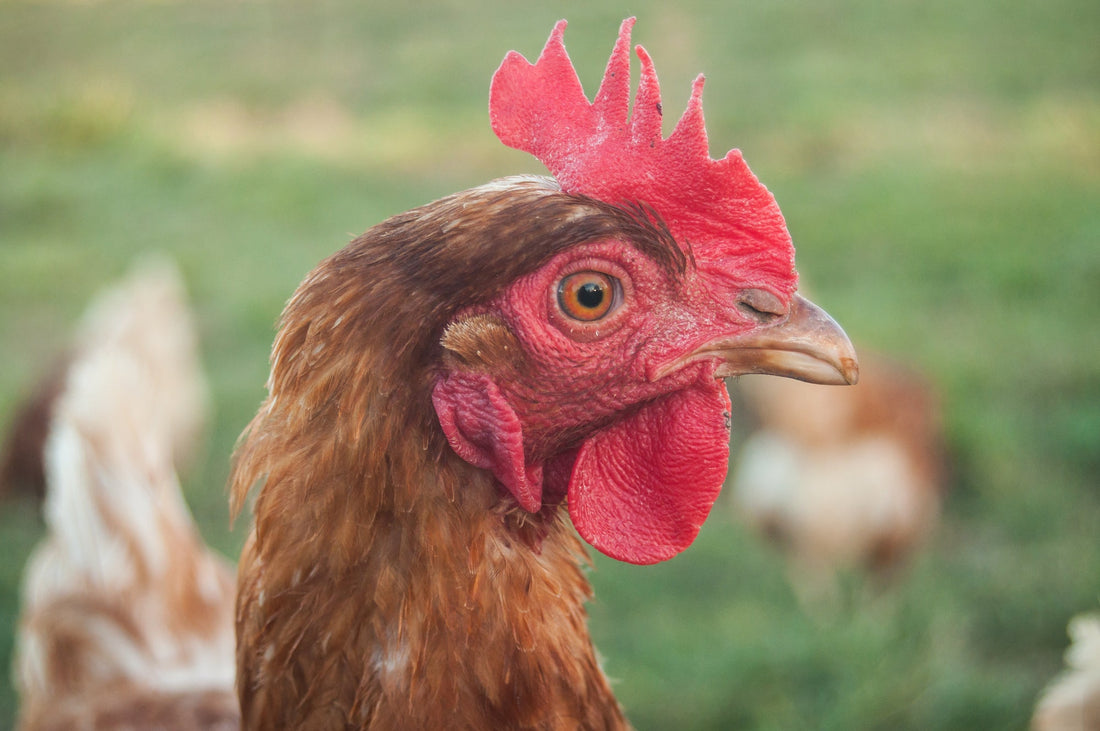Throughout history, chickens have held a special place in human culture, inspiring a plethora of proverbs, sayings, and folklore from around the globe. These feathered creatures, with their quirky behaviors and endearing personalities, have become symbolic in various cultural contexts, offering insights, warnings, and nuggets of wisdom. Join us on a journey through the rich tapestry of proverbs and sayings featuring chickens, as we unravel the timeless lessons and folklore woven into these age-old expressions.
The Symbolism of Chickens
Chickens have long been symbolic in human culture, representing a myriad of qualities and concepts. In many societies, chickens are associated with fertility, abundance, and prosperity, owing to their prolific egg-laying capabilities and role in providing sustenance. Additionally, chickens are often linked to notions of domesticity, nurturing, and maternal instincts, as they diligently care for their offspring and maintain social order within the flock.
Furthermore, chickens are sometimes used metaphorically to convey traits such as cowardice, foolishness, or gullibility. References to "chicken-hearted" individuals or "counting chickens before they hatch" reflect common perceptions of timidity or imprudence associated with chickens in certain contexts. Despite these negative connotations, chickens remain revered in folklore and symbolism for their resilience, resourcefulness, and adaptability in various cultural narratives.
Chickens in Folklore and Mythology
The presence of chickens in folklore and mythology spans across diverse cultures and civilizations, often imbuing these birds with mystical significance and supernatural attributes. In some traditions, chickens are revered as sacred creatures associated with lunar deities or fertility goddesses, symbolizing renewal, regeneration, and the cycle of life. Ancient myths and legends depict chickens as guardians of the underworld, messengers of the divine, or companions to gods and heroes.
Additionally, chickens feature prominently in folk tales and fables, serving as protagonists in stories that impart moral lessons or offer commentary on human behavior. Tales of clever hens outwitting predators, courageous roosters defending their territory, or generous farmyard chickens sharing their bounty with others are prevalent in folklore from various cultures. These narratives reflect the enduring fascination with chickens and their portrayal as characters embodying virtues such as bravery, wit, and generosity.
Proverbs and Sayings Featuring Chickens
Proverbs and sayings featuring chickens abound in cultures around the world, offering succinct observations on life, human nature, and the complexities of the human experience. These aphorisms often draw on the behaviors and characteristics of chickens to convey universal truths, practical advice, or moral admonitions. Whether humorous, poignant, or profound, these expressions serve as cultural touchstones, passed down through generations as repositories of collective wisdom.
For example, the proverb "Don't count your chickens before they hatch" cautions against premature optimism or overconfidence, reminding individuals to exercise prudence and patience in their expectations. Similarly, the saying "Running around like a headless chicken" humorously depicts frantic or aimless behavior, highlighting the folly of acting without direction or purpose. From admonishments about the perils of procrastination ("Don't chicken out!") to reflections on the importance of perseverance ("Coming home to roost"), chickens feature prominently in idiomatic expressions that resonate with people across cultures.
The Role of Chickens in Superstitions and Omens
In addition to their symbolic and proverbial significance, chickens have also been associated with superstitions, omens, and divination practices in many cultures. Beliefs surrounding chickens and their behavior often intersect with notions of luck, fortune, and impending events, shaping cultural practices and rituals in diverse societies. For example, the crowing of a rooster at dawn is traditionally interpreted as a harbinger of good luck or a symbol of awakening and renewal in numerous cultures.
Moreover, the appearance or behavior of chickens is sometimes interpreted as omens or warnings of impending events, both auspicious and ominous. Observations such as a chicken laying an egg with a double yolk or a hen refusing to enter the coop at night may be interpreted as signs of good fortune or impending misfortune, depending on cultural beliefs and interpretations. These superstitions and omens underscore the enduring fascination with chickens and their role as intermediaries between the mundane and the mystical in human consciousness.
Chickens in Modern Language and Culture
Despite advances in technology and changes in societal norms, references to chickens continue to permeate modern language, literature, and popular culture. From idiomatic expressions and colloquialisms to advertising slogans and brand logos, chickens remain a ubiquitous presence in contemporary discourse, serving as both linguistic devices and cultural symbols. The enduring popularity of chicken-themed merchandise, culinary trends, and entertainment franchises attests to the enduring appeal of these feathered creatures in modern society.
Furthermore, the resurgence of interest in backyard chicken-keeping and sustainable agriculture has fueled renewed appreciation for chickens and their role in urban homesteading and food security initiatives. As more people reconnect with the source of their food and embrace the joys of raising chickens, these birds continue to occupy a central place in contemporary lifestyle trends and consumer preferences.
The Enduring Legacy of Chickens in Proverbs and Sayings
Chickens have captivated the human imagination for centuries, inspiring a wealth of proverbs, sayings, folklore, and cultural practices that endure to this day. From ancient myths and religious symbolism to modern idiomatic expressions and popular culture references, chickens occupy a unique and multifaceted position in human consciousness. Whether revered as symbols of abundance and fertility or invoked as cautionary tales of folly and recklessness, chickens continue to impart timeless lessons and insights into the human condition. As we reflect on the rich tapestry of proverbs and sayings featuring chickens, we gain a deeper appreciation for the enduring legacy of these humble yet remarkable creatures in shaping our language, culture, and collective wisdom.

